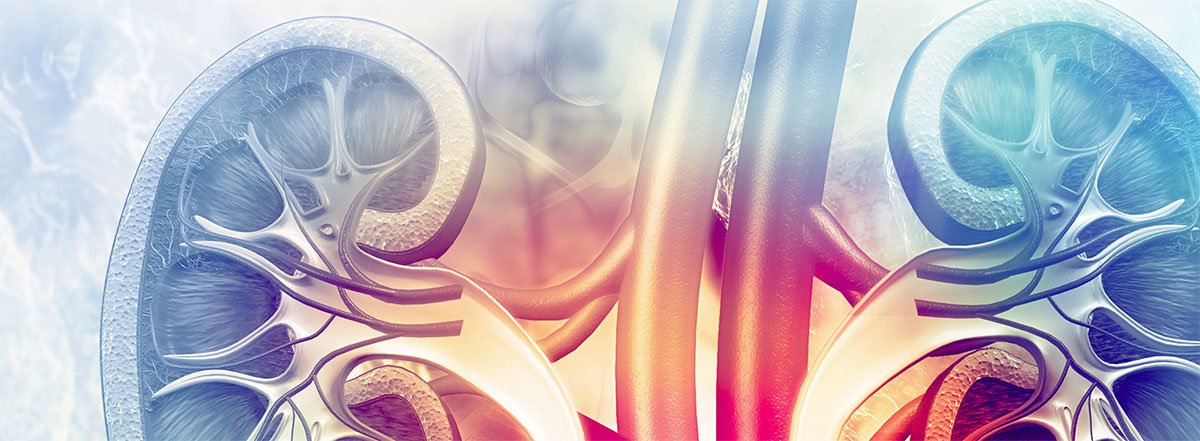LUPUS and KIDNEY DISEASE
Lupus is an autoimmune disease, which means the body’s immune system mistakenly attacks healthy tissues in your body. When this affects kidneys, it can lead to a condition called lupus nephritis. People with lupus have a much higher chance of developing kidney problems than those without lupus; approximately half of people with lupus may have kidney disease.
What Is Lupus Nephritis?
Lupus nephritis is a type of kidney disease caused by lupus. It happens when lupus leads to inflammation in the kidneys. Not all kidney problems in people with lupus are caused by lupus itself—other conditions, like diabetes, can also lead to kidney damage.
What Are the Signs of Lupus Nephritis?
Sometimes there are no symptoms at first. But when symptoms do show up, they might include:
- Swelling in the hands, feet, legs, face, or around the eyes
- Sudden weight gain or weight loss
- Feeling unusually tired
- Foamy or brown-colored urine
- Peeing less often than usual
- High blood pressure (above 130/80)
How Do Doctors Check for Lupus Nephritis?
If you have lupus, your doctor will monitor your kidneys with regular blood and urine tests. These tests help spot kidney problems early, even before symptoms start. In some cases, a doctor may recommend a kidney biopsy. That’s a test where a small piece of kidney tissue is taken and examined under a microscope to look for signs of damage.
How Is It Treated?
Treatment usually starts with medications:
- Immune-suppressing medicines – These medications help calm the overactive immune system and reduce inflammation in the kidneys. Your doctor may try different medicines to find what works best, and sometimes more than one medicine is needed.
- Blood pressure medicines – Even if your blood pressure isn’t high, certain medicines like ACE inhibitors or ARBs can protect the kidneys from damage.
If the kidney disease becomes severe and the kidneys stop working well, treatments may include: - Hemodialysis – A machine that filters your blood a few times a week. • Peritoneal dialysis – A process in which fluid is cycled in and out of your belly every day.
- Kidney transplant – A healthy kidney from a donor is surgically placed in your body. You only need this one healthy kidney to live.
What If I Want to Have a Baby?
Pregnancy can be more complicated if you have lupus nephritis. It may increase the risk of problems for both you and your baby. That’s why it’s important to talk with your doctor before trying to get pregnant. You’ll need to wait until your lupus has been quiet (or “in remission”) for at least 6 months. With the right planning and care, many women with lupus nephritis can have a healthy pregnancy.
Living with Lupus Nephritis
Lupus and lupus nephritis are long-term conditions, but they can often be managed with medicine and regular check-ups. Renal Specialists of Houston providers have the expertise to diagnose and treat lupus nephritis. Symptoms can improve with treatment, but they may come back from time to time. If that happens, we will help adjust your treatment to keep the disease under control and protect your kidneys.
When you subscribe to the blog, we will send you an e-mail when there are new updates on the site so you wouldn't miss them.



